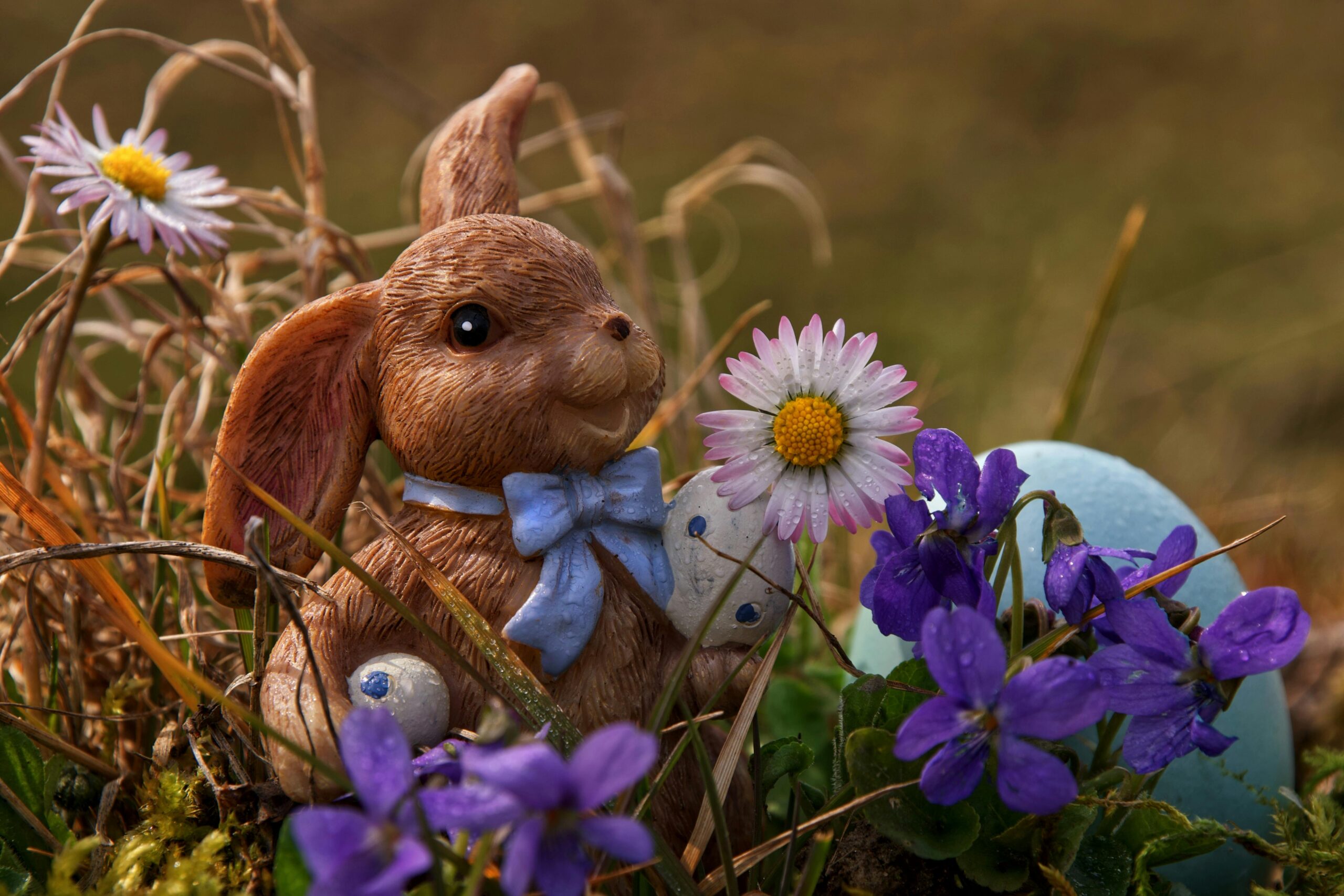Let’s delve deeper into the vibrant world of public holidays in Germany. These days are not just occasions to celebrate but also moments for reflection, community, and cultural connection.
New Year’s Day (January 1): „Neujahrstag“ – New Year’s Day welcomes us with a new chapter, a blank page waiting to be filled with experiences and adventures. The New Year’s Eve festivities may be over, but the glow of a fresh start accompanies us through this first day of the year.
Good Friday (varies each year): „Karfreitag“ – On Good Friday, we pause in silent contemplation. This day vividly reminds us of the suffering and sacrifice of Jesus Christ. Many take this time to reflect, attend church services, or participate in processions.
Easter Monday (varies each year): „Ostermontag“ – After the joyful celebrations of the Easter weekend, Easter Monday offers an additional opportunity to deepen connections with family and friends. Whether through a leisurely stroll or a festive Easter brunch, this day is reserved for community and enjoyment.
Labor Day (May 1): „Tag der Arbeit“ – May 1st, Labor Day, pays homage to workers‘ rights. Simultaneously, it marks the beginning of the warm season. Traditional May celebrations and demonstrations are a colorful blend of activism and joy.
Ascension Day (varies each year): „Christi Himmelfahrt“ – Ascension Day, forty days after Easter, is often celebrated with nature outings and convivial barbecues. A day that invites us to enjoy the beauty of nature and be grateful for life.
Pentecost Monday (varies each year): „Pfingstmontag“ – Pentecost, the „birthday of the church,“ continues on Pentecost Monday. This day provides space for family gatherings and social activities. Traditional Pentecost customs vary from region to region, adding a special touch to the day.
German Unity Day (October 3): „Tag der Deutschen Einheit“ – October 3rd is a milestone in German history – German Unity Day. Here, we celebrate unity, freedom, and the power of a shared future. A day to celebrate the diversity and unity of Germany.
Reformation Day (October 31): „Reformationstag“ – In some states, Reformation Day commemorates Martin Luther’s posting of the theses. A day that reflects the religious diversity and history of Germany.
All Saints‘ Day (November 1): „Allerheiligen“ – All Saints‘ Day is a time for remembrance, where we cherish the memories of the departed. Cemeteries shine in a special light as families adorn the graves of their loved ones with flowers and light candles.
Day of Repentance and Prayer (varies each year): „Buß- und Bettag“ – The Day of Repentance and Prayer offers an opportunity for inner reflection and contemplation. In some states, it is a public holiday, providing space for personal introspection.
First and Second Christmas Day (December 25 and 26): „Erster und Zweiter Weihnachtstag“ – The festive time around Christmas concludes the year. These days are filled with love, gifts, and delicious food. They invite us to find peace within the family circle and savor the contemplative moments.
Public holidays are more than mere interruptions in the work routine – they are cultural symbols reflecting the diversity and community spirit of Germany.
Let’s celebrate these days together and enjoy life’s special moments in their full splendor!



